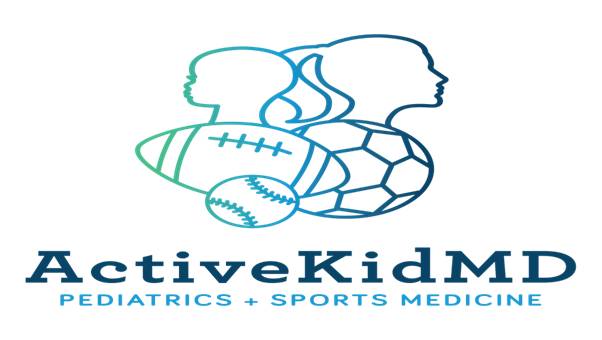There is little doubt that goalkeepers are just a bit different than field players.
From being able to legally use their hands to the array of jumping and diving skills needed to keep the ball out of the net, goalkeepers develop a skill set that differs from their counterparts on the field.
Thus, it shouldn’t be surprising to learn that goalkeepers injuries can also be different in terms of causative factors and mechanisms that create risk.
The good news is that goalkeepers statistically don’t get hurt as often as field players, but when some of the goalkeeper-specific injuries do occur, they can significantly interfere with ability to play.
Here is a concise review of common soccer goalkeeper injuries and tips for reducing risks:
- Shoulder/forearm/wrist: Fairly intuitive that after diving and trying to stop balls with the hands, goalkeepers have a far higher chance of suffering shoulder or arm injuries compared to field players
o Fractures to the radius bone are most commonly seen in child and adolescent goalkeepers who have their hands driven backwards towards the wrist when trying to make a save on a direct shot.
§ There is intriguing evidence that balls shot by adults or use of adult size balls (size 5 versus child-based size 3 or 4 balls) may contribute to an increased risk of radius fractures.
§ Risk Reduction Tips: Playing with age-appropriate balls and having adult/older players exercise caution when shooting on younger goalkeepers might reduce radius factures. There is no solid evidence that use of goalkeeper braces or gloves provide adequate reduction for wrist or forearm injuries.
- Hip/groin: Soccer players of all positions are well-versed in the perils of hip and groin pain, and goalkeepers are not immune from this malady, though the mechanisms and types of injury do differ somewhat from field players.
o Side-diving can lead to abrasions (cuts) and bruises on the outside of the thigh region. Most of these are a nuisance, though open skin wounds can become infected and thus need to be watched and cleaned carefully.
§ Older, more professional level players may develop bursitis, which is inflammation of fluid-filled cavities that normally exist around the hip region
§ Risk Reduction Tips: Many goalkeepers used padded shorts for protection, though there is little evidence that both indicates that such padding reduces injury or helps guide selection of particular materials, sizes, or brands to reduce injury risk. Using a rolling motion with diving may reduce loading forces on the hip and thigh region.
o Some studies suggest that injuries to the adductor muscles on the inside of the thigh bone are more apt to occur in goalkeepers than field players, especially on the kicking leg. This might be due to the frequent rotational and leaping movements required in goalkeeping, and also might be worsened by repetitive oversue due to longer goal kicks or punting of the ball.
§ Risk Reduction Tips: Highly recommend the FIFA 11 Soccer Injury Prevention Program which has been developedfor all soccer players above age 14 (not just goalkeepers) to reduce not only hip/groin issues, but also injuries to the thigh,knee and ankle regions.
Limiting the number of longer goal kick repetitions, especially in early season practices with younger players, may reduce the cumulative burden on the hip adductor muscles. Allowing the player to gradually build strength and proper kicking technique may afford more repetitions later in the season.
- Concussion/Head Injury: While goalkeepers do not routinely head the ball, the mere act of jumping or diving in the air places any soccer player at increased vulnerability for head injury due to risk of head impact with other players, the ground, or even the goalposts.
o Goalkeepers also have the additional risks of having close-distance shots directed at them with little time to react or protect the head, or having other players kick them in the head when diving head-first to gain possession of a loose ball.
§ Risk Reduction Tips:
· Using a fist to punch the ball rather than attempt to make a catch in traffic may reduce the risk of either direct contact with other players or limit change of feet being taken out from below
· When going up in the air for a catch, raise elbows to protect the head (but not extending the elbows to impact or injury an opponent)
· Avoid going head-first into ball challenges, better to use feet first approach.
· Officials should enforce a reasonable protective halo distance around diving goalkeepers trying to collect balls to reduce risk of kicks or other direct blows to the head
· With potential close-range shots, teach goalkeepers to have hands up near the face for more immediate potential protection
· Soft protective helmets might reduce the risk of bruises, cuts, and even skull fractures, but they may not be able to limit rotational forces that are thought to contribute the most to concussions. There are also concerns that a player might play more aggressively when wearing a helmet and in theory actually increase rather than decrease the risk of head injury.


